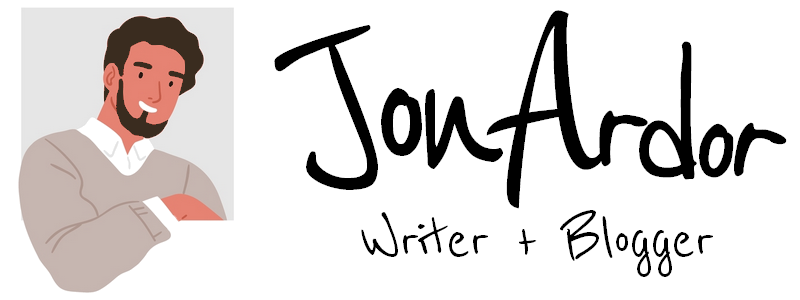5 Qualities You Want in an Employment Lawyer

If you’re looking for an employment lawyer, you’re likely eager to see justice served as quickly and painlessly as possible. Dealing with complications at work is never pleasant, and work related issues can creep up unexpectedly and escalate swiftly. It is important to remember that you are not alone though, and that finding the right person to represent you and your interests can make all the difference with how the situation plays out. Here are a few tips to help you find the right person for the job.
1. A specialist in the field

First things first, you want to make sure that you’re dealing with someone who specializes in the field of employment law. Regardless of any previous experiences you may have had, no matter how positive they were, if they were with a lawyer working in a different field of law, you’re going to want to find someone else. Employment law changes all the time and is subject to different restrictions depending where you live. Although they may exude overall competence, a non-employment attorney runs a much higher chance of overlooking a detail or making a small mistake that could end up costing you big time.
2. Someone who knows how to present themselves

Depending on where you live, you might it very overwhelming to begin a search for an employment lawyer, especially if you haven’t received any recommendations from friends or family. Luckily, the internet offers you an incredible resource to begin weeding out those you are interested in and those you are not. You should be able to learn quite a bit about a firm and a specific lawyer from their website. A good website should offer a fairly comprehensive overview of the type of law specialise and have the most experience in. Even within the limited scope of employment law, there are many different areas and firms tend to be stronger in one.
3. Someone on your side of the playing field

Although not applicable in all circumstances, generally employment lawyers are in the business of representing one side or the other- management or employees, that is. Do a bit of research in order to figure out which team they’re regularly playing for. It is not to say that a lawyer can’t represent both sides, but usually their professional expertise will feature more heavily in one of the two camps.
4. In the event of a very complex cases, someone with a subspecialty

Also make note of the fact that even within the realm of employment law, lawyers still have a subspecialty within the field. For example, a lawyer may be most interested in representing whistle blowers who are willing to notify their employer of unfair or fraudulent practices. Others might focus on representing victims of a particular form of discrimination, or deal in wage and hour issues, such as equal pay or meal break violations.
5. Someone you feel like you can talk honestly with

After you’ve conducted all your preliminary research and selected a seemingly suitable candidate, it is time for a meeting. This initial consultation might end up being relatively brief, but it is important to trust you gut instinct and to try to ask as many poignant questions as you possible can. Make sure you’re speaking directly with the lawyer who will be handling your case don’t accept being pushed off onto a student of junior staff member. Do your best to develop a sense of how you really respond to them on a personal level. It is important to remember that legal cases often end up playing out over a rather long period of time, so you need someone you can communicate easily with.
